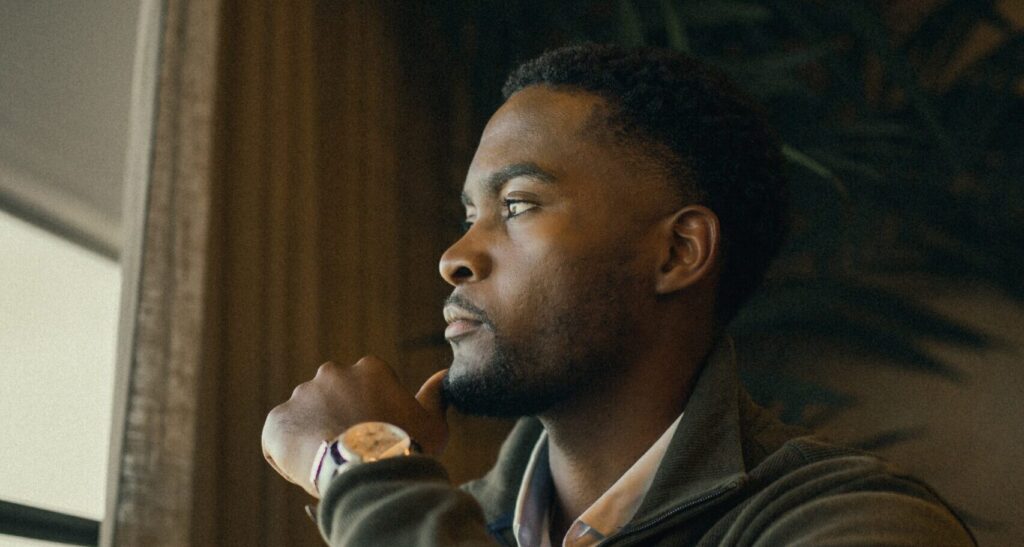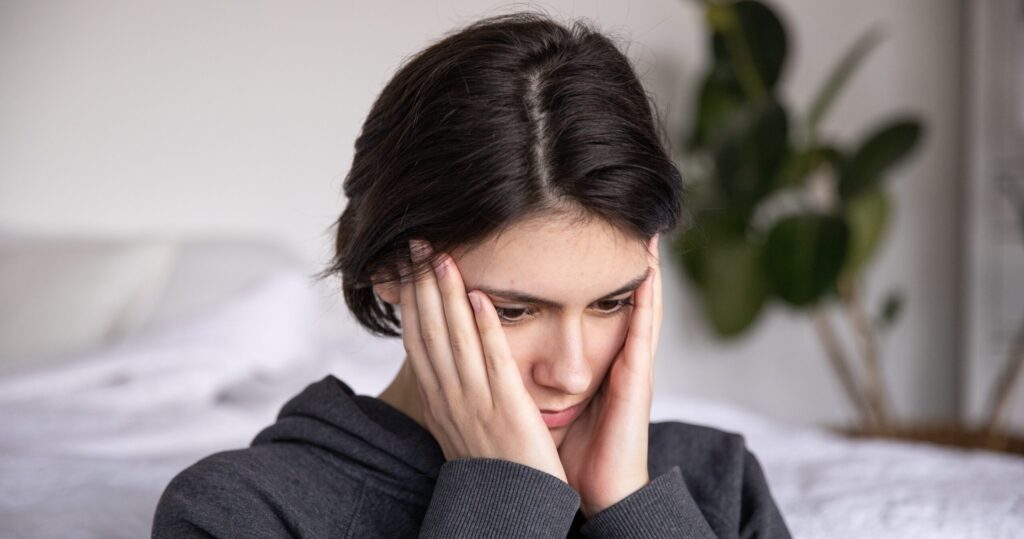Mixing Benadryl and alcohol is inadvisable and potentially dangerous, as the two substances can interact with each other and have adverse effects.
Benadryl is a branded form of diphenhydramine, an antihistamine indicated for the treatment of allergy symptoms like coughs, sore nose and throat, and rashes.
Alcohol and Benadryl are both classified as CNS depressants. If you take Benadryl in isolation, the medication will not impact your liver directly. Taking Benadryl with alcohol, on the other hand, may increase the intensity of side effects, sometimes provoking serious adverse outcomes.
Today’s guide explores the following topics:
- Does alcohol affect Benadryl?
- What happens when you take Benadryl and drink alcohol?
- Is Benadryl and alcohol dangerous?
You will also discover how to connect with treatment if you develop an addiction to alcohol or prescription medications.
What happens when you take Benadryl with alcohol, then?
Can You Mix Benadryl and Alcohol?
If you take Benadryl with alcohol, both substances work on your CNS (central nervous system). The central nervous system consists of the brain and spinal cord. Alcohol and Benadryl slow the CNS. If you combine alcohol with Benadryl, this can trigger the following alcohol and benadryl side effects:
- Drowsiness and sedation
- Problems with focus
- Difficulty performing physical tasks
Combining Benadryl with alcohol is never advisable, but it can be especially dangerous for seniors to drink on Benadryl.
If you consume alcohol while taking Benadryl, you should not drive or operate machinery.
If you unintentionally mix alcohol and diphenhydramine, rest in a safe environment to restore balance.
Drinking on Benadryl
When it comes to mixing alcohol and diphenhydramine (commonly known as Benadryl), the potential risks should not be taken lightly. This is because both substances can have a depressing effect on the central nervous system, potentially bringing about severe side effects. In particular, the slowing down of essential functions like respiration can occur when the CNS is depressed, and pairing alcohol with Benadryl can heighten the sedative effect, leading to extreme CNS sedation.
Beyond this, both alcohol and Benadryl are known to have dehydrating effects on the body. When the two substances are combined, the risk of dehydration increases, which can lead to discomfort and inflame any hangover experienced the following day.
While both alcohol and Benadryl are capable of causing sedation and drowsiness, it’s unwise to rely on these properties as a sleep aid. Attempting to do so can have adverse side effects that are detrimental to sleep, including dizziness and nausea. This means that it’s crucial to be mindful of the risks involved with alcohol and Benadryl side effects, and avoid mixing alcohol and Benadryl without first consulting a healthcare professional.
Benadryl and Wine
Wine is a popular alcoholic beverage that is often enjoyed with meals or as a social drink. However, when combined with Benadryl, the risks of adverse effects increase.
The sedative effects of Benadryl can be enhanced when mixed with wine, leading to increased drowsiness, dizziness, and impaired coordination. The combination of alcohol and Benadryl can also provoke memory impairment and a higher risk of falls and accidents.
Additionally, wine can dehydrate the body. When combined with Benadryl, the risk of dehydration increases significantly. Dehydration can cause discomfort, headaches, and loss of concentration. It can also worsen the side effects of Benadryl and alcohol, leading to a more severe hangover the next day.
If you choose to consume wine and Benadryl together, it’s essential to be aware of the risks involved and limit your intake. You should also avoid operating heavy machinery or driving after mixing wine and Benadryl, as the combination can impair your coordination and reaction time. It’s always best to consult with a medical professional before combining any medications or substances, including Benadryl and wine.
Benadryl and Beer
For some people, combining Benadryl and beer is a concern if they are going to be drinking beer while sick.
However, mixing Benadryl and beer can have serious and potentially dangerous consequences. Some of the most common consequences include increased drowsiness, impaired motor skills and coordination, cognitive impairment, increased heart rate and blood pressure, and more.
Combining Benadryl and beer can intensify their individual effects and lead to a variety of adverse reactions, so it is not advisable to take Benadryl while drinking beer.
In fact, alcohol can be inflammatory and it’s always best to rest and restrict alcohol use while you are fighting a virus.

Are Benadryl and Alcohol Dangerous to Mix?
Both Benadryl and alcohol share the ability to suppress the central nervous system (CNS), which can have harmful consequences. The combined sedative effect may cause a drop in heart rate and slow breathing, potentially leading to heart problems or even loss of consciousness. In rare cases, CNS depression can even result in a coma or benadryl and alcohol death .
Losing consciousness is a common risk associated with mixing alcohol and Benadryl, but there are other health hazards to consider as well. It’s important to be aware of the potential dangers and consult a healthcare provider before combining any medications or substances.
Dangers of Mixing Benadryl and Alcohol
Mixing Benadryl and alcohol can lead to a potent sedative effect, increasing the risk of accidents, falls, and difficulty performing daily tasks. The combination can also dehydrate the body, potentially worsening hangovers and causing discomfort and lack of concentration.
Furthermore, long-term use of alcohol and anticholinergic drugs such as Benadryl has been linked to an increased risk of dementia. Combining Benadryl and alcohol, both of which can impair memory and learning, may have a more pronounced impact on cognitive functions.
Older adults should be particularly cautious, as the aging process reduces the body’s ability to break down alcohol. Additionally, using Benadryl with other prescription drugs can produce harmful effects, especially when combined with alcohol.
The sedative alcohol and Benadryl side effects of both alcohol and Benadryl can also disrupt normal sleeping patterns, causing excessive sleepiness, lethargy, nausea, and dizziness.
Alcohol Addiction and Benadryl
Alcohol addiction is a serious problem affecting millions of people worldwide, with approximately 29.5 million adults in the United States aged 18 and older experiencing alcohol use disorder (AUD) in 2021, according to NIAAA (National Institute on Alcohol Abuse and Alcoholism).
The risks of addiction and overdose increase significantly when alcohol is combined with Benadryl. Benadryl’s sedative effect can enhance the effects of alcohol, leading to more significant intoxication and potentially causing individuals to develop a dependence on both substances.
Individuals with a history of alcohol addiction or drug abuse are at heightened risk of abusing Benadryl due to seeking drugs that produce a similar sedative effect as alcohol. This misuse of Benadryl can lead to addiction and a higher likelihood of overdose. It is essential to consult a healthcare provider and seek help if you or a loved one struggles with addiction or substance abuse.

Get Treatment for Alcohol Addiction at Gratitude Lodge
If you arrived here today wondering, “Can I take Benadryl with alcohol”, it should now be clear that drinking with Benadryl is potentially dangerous. Maybe you are ready to address issues of alcohol abuse but unsure where to turn. We can help you combat alcohol use disorder here at Gratitude Lodge in Southern California beginning with a supervised medical detox.
After a week or so, you will be ready to transition into one of the following treatment programs at rehab centers in Long Beach and Newport Beach, CA:
-
- 30-day inpatient program
- Dual diagnosis treatment program (for alcohol addictions with co-occurring mental health conditions)
All treatment programs for alcohol and Benadryl side effects at Gratitude Lodge combine evidence-based treatments and holistic therapies, including:
-
- Psychotherapy
- Medication-assisted treatment
- Group therapy
- Individual counseling
- Family therapy
- Holistic therapies (yoga, mindfulness, meditation)
To kickstart your recovery from alcohol addiction call admissions today at 800-994-2184.




























